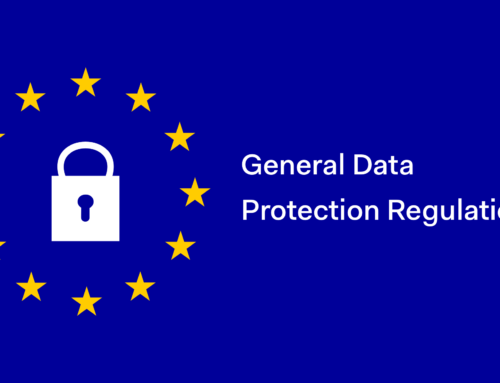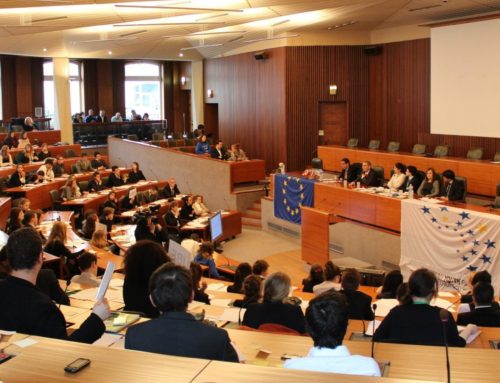On November 9, European Parliament Privacy Platform held a session with the theme “Track or Treat!” Behavioural targeting and online privacy’ during IAPP Europe Data Protection Congress. The panel hosted by MEP Sophie in’t Veld focused on the state-of-play of the ePrivacy Regulation. Mathilde Fiquet, FEDMA EU Legal Affairs Manager, was invited to speak at the panel and express the position of the direct marketing industry.
Mathilde Fiquet highlighted concerns regarding the unbalanced proposal on the ePrivacy regulation. FEDMA stressed that it is crucial to achieve a balance by providing user with information and control over their privacy and data in a smooth way, while not impacting user’s experience online and enabling the development of the internet to continue.
FEDMA made particular remarks regarding the issue of consent in the ePrivacy regulation proposal:
- A necessity to align ePrivacy with a GDPR and include other grounds for processing. Consent is shifting back the burden on the user and takes away the incentive for company to be more accountable and responsible developed by the GDPR.
- Every player on the internet should be in the position to ask for consent if it is required by the law. “Do not track” is not “Do not ask”.
- Difficulties to technically include consent for the whole chain of companies in the marketing and advertising industries.
FEDMA also pointed that the direct marketing industry had many other concerns with the ePrivacy regulation proposal beyond consent and tracking, but stayed in the scope of the event theme.
Dutch MEP Sophie In’t Veld, who was a shadow rapporteur for the adopted LIBE report on the ePrivacy, once again highlighted her strong position that privacy is a fundamental right and there can be no discussion on the issue. Among other panellist was Gina Neff, a researcher from Oxford Internet Institute, who stated the need to build data by design with the empathy for users. Moreover, Catherine Armitage, Senior Public Affairs Manager at WFA, presented the side of view of advertisers and Raegan MacDonald, Head of EU Public Policy in Mozilla, expressed the position of the browsers.
Notably, the audience of the Privacy Platform was very responsive to FEDMA’s position on the ePrivacy regulation. Numerous questions to the panel touched the issue of legitimate interest as well as the absence of any hierarchy of included legal grounds in GDPR to process data, challenging the notion that consent is a superior one.
Source: www.fedma.org
Published on 7th December 2017




